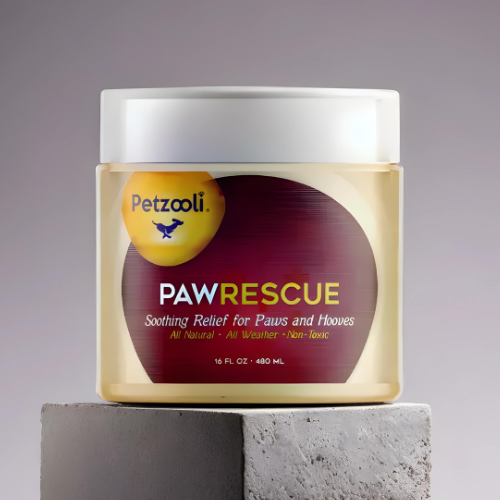
How many teeth does a small dog have? Understanding Canine Dental Anatomy
Share
As a devoted pet owner, a question you may find yourself pondering is: how many teeth does a small dog have? Understanding your pet's dental health is crucial for their overall well-being. In this comprehensive guide, we delve into the fascinating world of canine dental anatomy to provide you with all the information you need to keep your furry friend's teeth in top shape.

An Overview of Canine Dental Anatomy
Small dogs, much like their larger counterparts, experience two sets of teeth in their lifetime. Just like humans, these consist of deciduous (or baby) teeth and permanent (or adult) teeth. The transition between these two stages involves fascinating changes and particular care on your part.
Deciduous Teeth: The Baby Teeth
Small dogs typically have 28 deciduous teeth. These teeth start to emerge when the puppy is just a few weeks old, and the process usually concludes by the time they are 8 weeks old. Just like in human children, this stage can be somewhat uncomfortable for the puppy, and they may display signs of teething discomfort.
Permanent Teeth: The Adult Set
As your small dog continues to grow, they will lose their deciduous teeth and replace them with permanent teeth. Around 4 to 6 months of age, you can expect this transition to begin. By the time your dog reaches adulthood, they will have 42 permanent teeth. Maintaining these teeth through proper dental care is critical.

The Importance of Dental Care for Small Dogs
Dental health plays a vital role in the overall well-being of your pet. Poor dental hygiene can lead to a host of health issues, including gum disease, tooth decay, and even systemic issues affecting the heart and kidneys.
Common Dental Issues in Small Dogs
Small dogs are prone to particular dental problems due to their jaw structure. Crowded teeth and malocclusions are typical dental issues that could lead to more severe complications if not addressed early. Regular dental checkups and routine cleanings are essential to prevent such issues.
Preventive Dental Care
Ensuring your dog's dental health involves consistent practices. Regular brushing, using dog-safe toothpaste, is the gold standard. Additionally, products such as dental chews and specific diets designed for dental health can be beneficial.
For tips on cleaning your dog's teeth at home, visit Papaya Pet.
Professional Dental Cleaning
Even with diligent home care, professional cleanings are advisable. Your vet can perform a thorough check and clean to reach places that are difficult to address at home.
For more on professional cleaning timelines, read this article.
FAQs
Why does my dog's breath smell bad?
Bad breath in dogs is often an indicator of dental problems. Plaque and tartar buildup can lead to a bad odor. Regular cleanings can help mitigate this issue.
How often should I brush my dog's teeth?
Daily brushing is ideal, but if it's not feasible, aim for at least a few times per week. Regularity is key to preventing plaque buildup.
What should I use to brush my dog's teeth?
Use a toothbrush and toothpaste specifically designed for dogs. Human toothpaste can be harmful to pets.
For recommendations on what products to use, check out this guide.
As an Amazon Associate, I earn from qualifying purchases.
